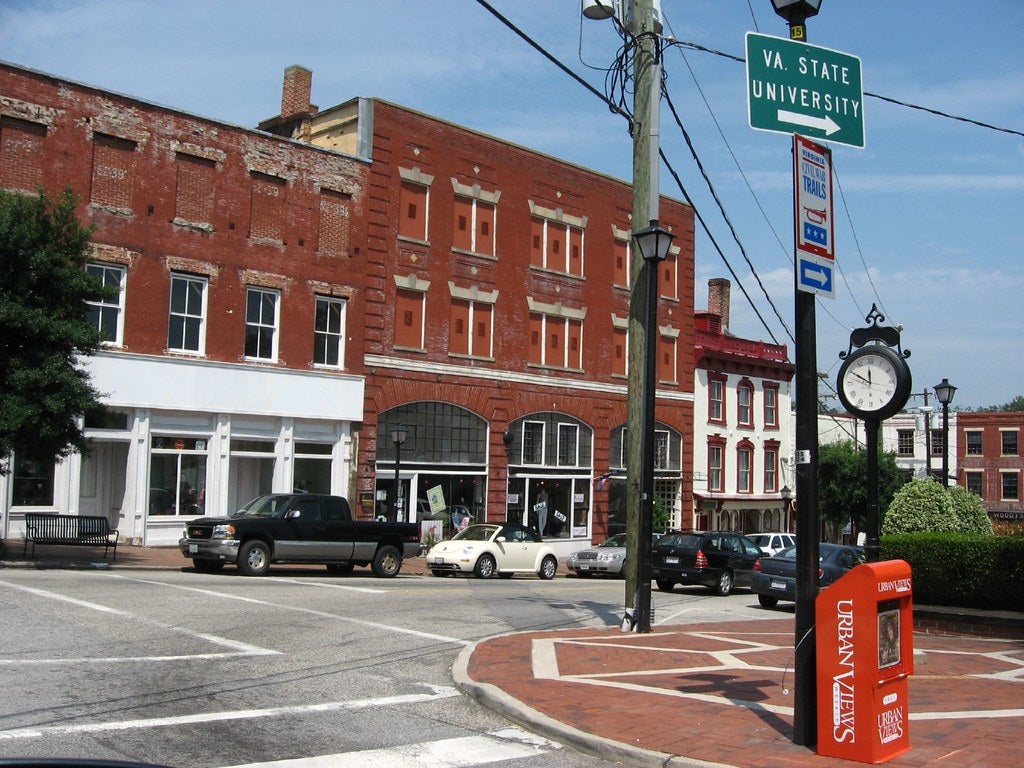More popular than ever
One of the leading reasons for the country’s surge in gambling stimulus was the growth of online casino players. The 15 percent increase saw a £4.4 billion ($5.8 billion) annual pool rise to £5 billion ($6.6 billion).
The most recent yearly total is also an enormous 55 percent higher than it was before the beginning of the Covid-19 outbreak, a line of demarcation often used for gambling operators and companies in the entertainment industry.
As gambling grows increasingly popular, the UK government can expect to recoup more tax revenue every year. Still, that isn’t enough for certain officials to overlook the negative effects of the industry’s increasing prevalence.
Iain Duncan Smith, chair of the All-Party Parliamentary Group on Gambling Reform, said that gambling companies take advantage of addictive products to bolster their bottom lines while sacrificing the health and safety of consumers.
“Uniquely, gambling companies make their profits through highly addictive products, often from our most deprived communities,” he said. “It is abundantly clear that more addictive forms of gambling like online casinos and machines in adult gaming centers should be taxed at a higher level to pay for the many social ills that they cause.”
Preparing for changes to gambling taxes
The figures come the same week that The Guardian shared that The World Advertising Research Centre estimated that UK gambling companies spent £2 billion ($2.6 billion) on advertising in 2024.
Meg Hillier, the chair of a Treasury select committee tasked with reviewing a potential gambling tax increase, said that gambling companies often masquerade as being strapped for cash while spending exorbitant amounts on advertising.
“We believe that addictive online betting should face higher taxes than forms of gambling with cultural benefits, such as horse racing and bingo halls,” she said. “It’s important that the government does not cave in to … industry scaremongering [about higher gambling taxes leading to job losses].”
Crucially, the Office for Budget Responsibility (OBR) said on Wednesday that Finance Minister Rachel Reeves is prepared to increase gambling taxes in her budget. The announcement caused the stocks of several gambling companies to plummet.
“From April 2026, there will be an increase in remote gaming duty from 21% to 40% and abolition of bingo duty from its current 10% rate,” said the OBR.
A new online betting tax of 25 percent will also be introduced for most operators in April 2027. The new stipulations are expected to generate £1.1 billion ($1.5 billion) in taxes by 2029-30.


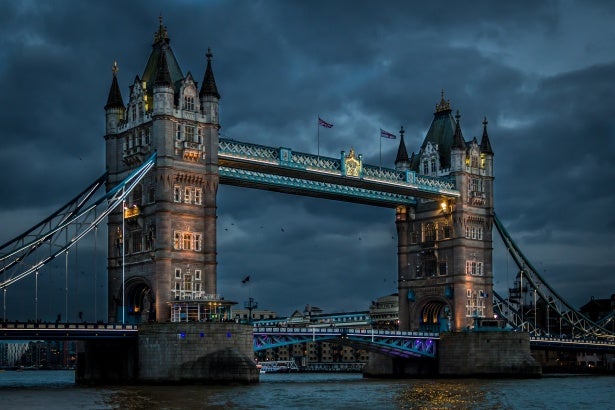



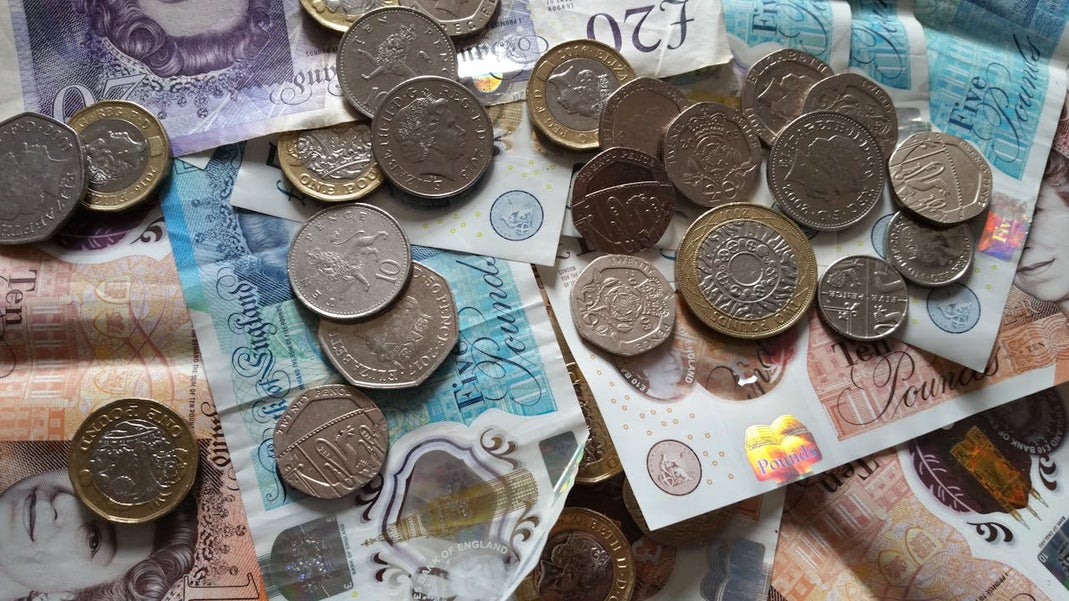

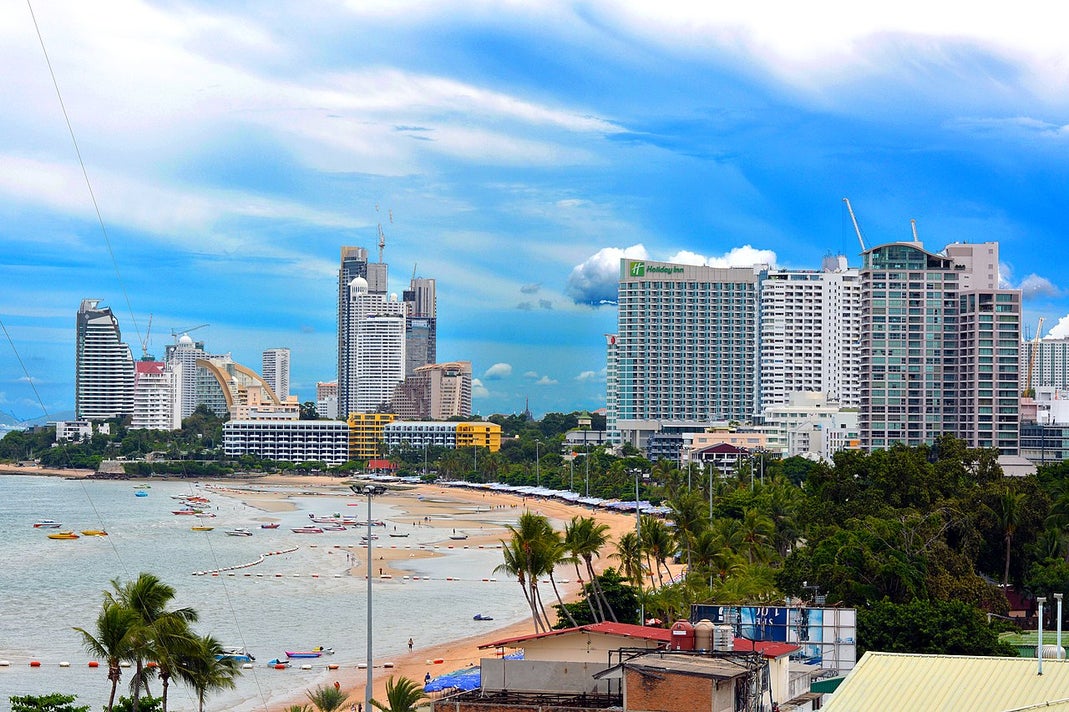




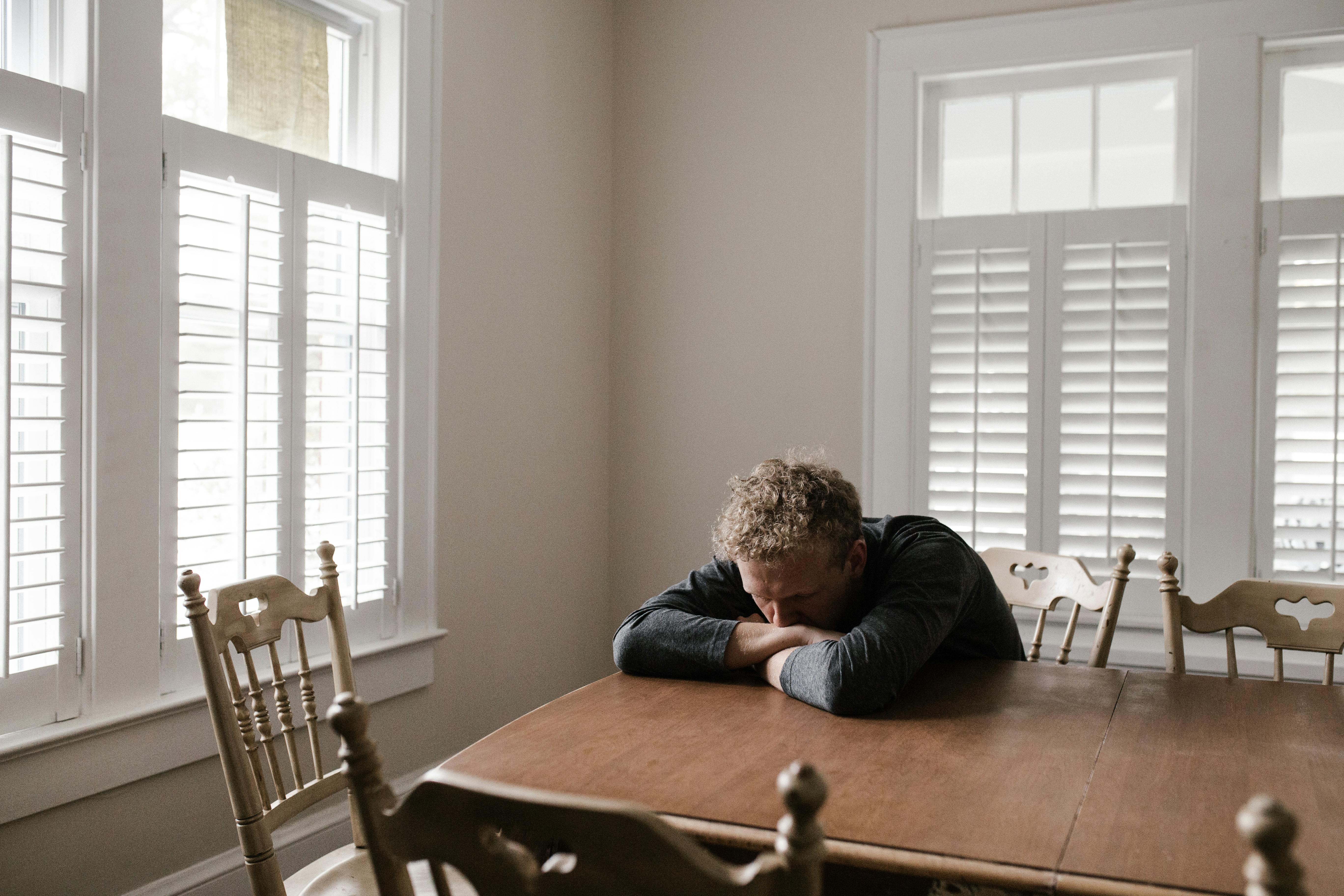
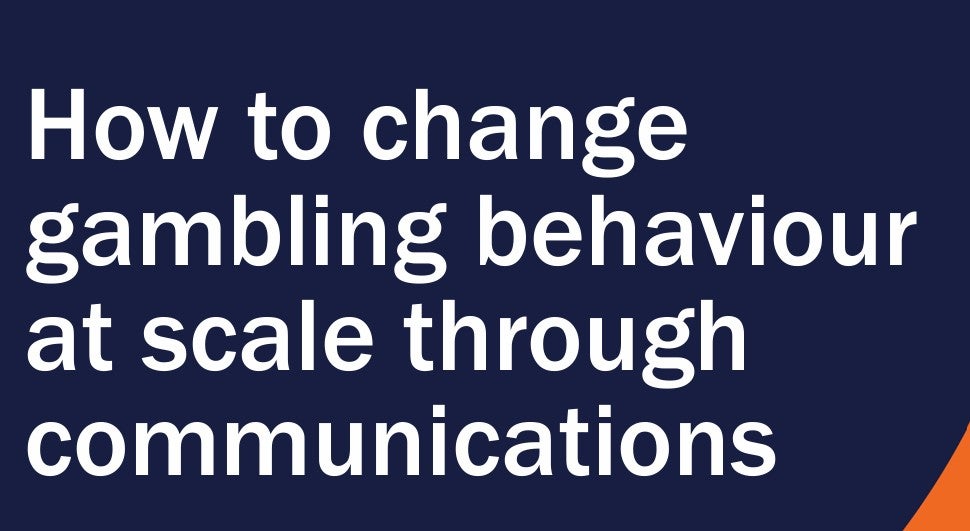


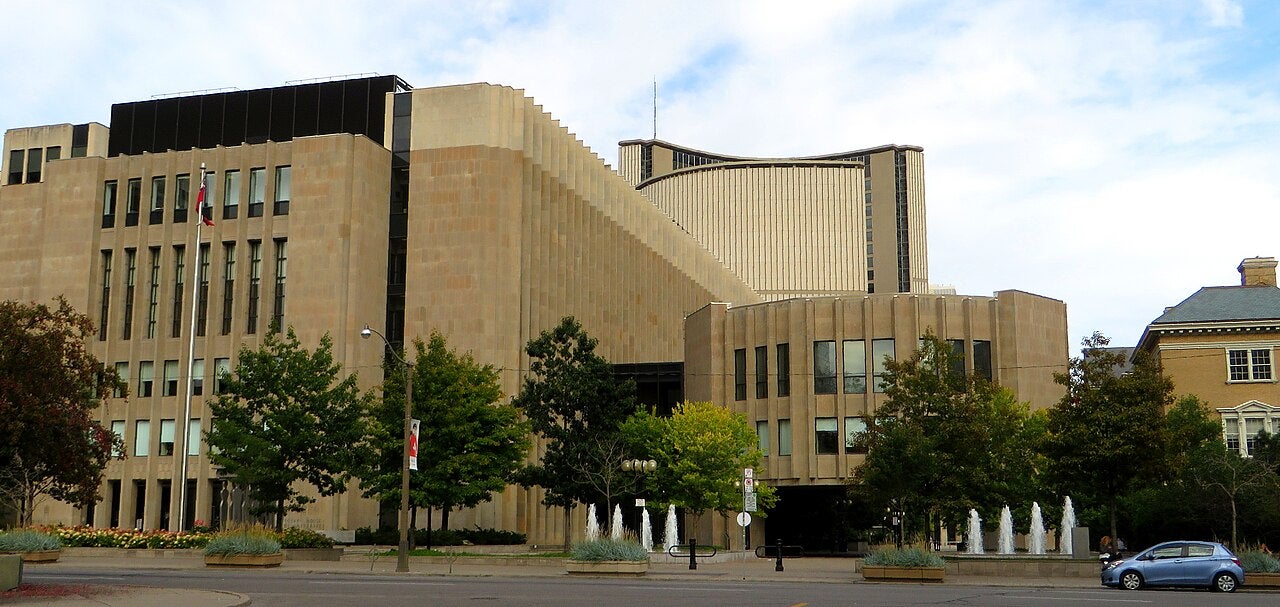
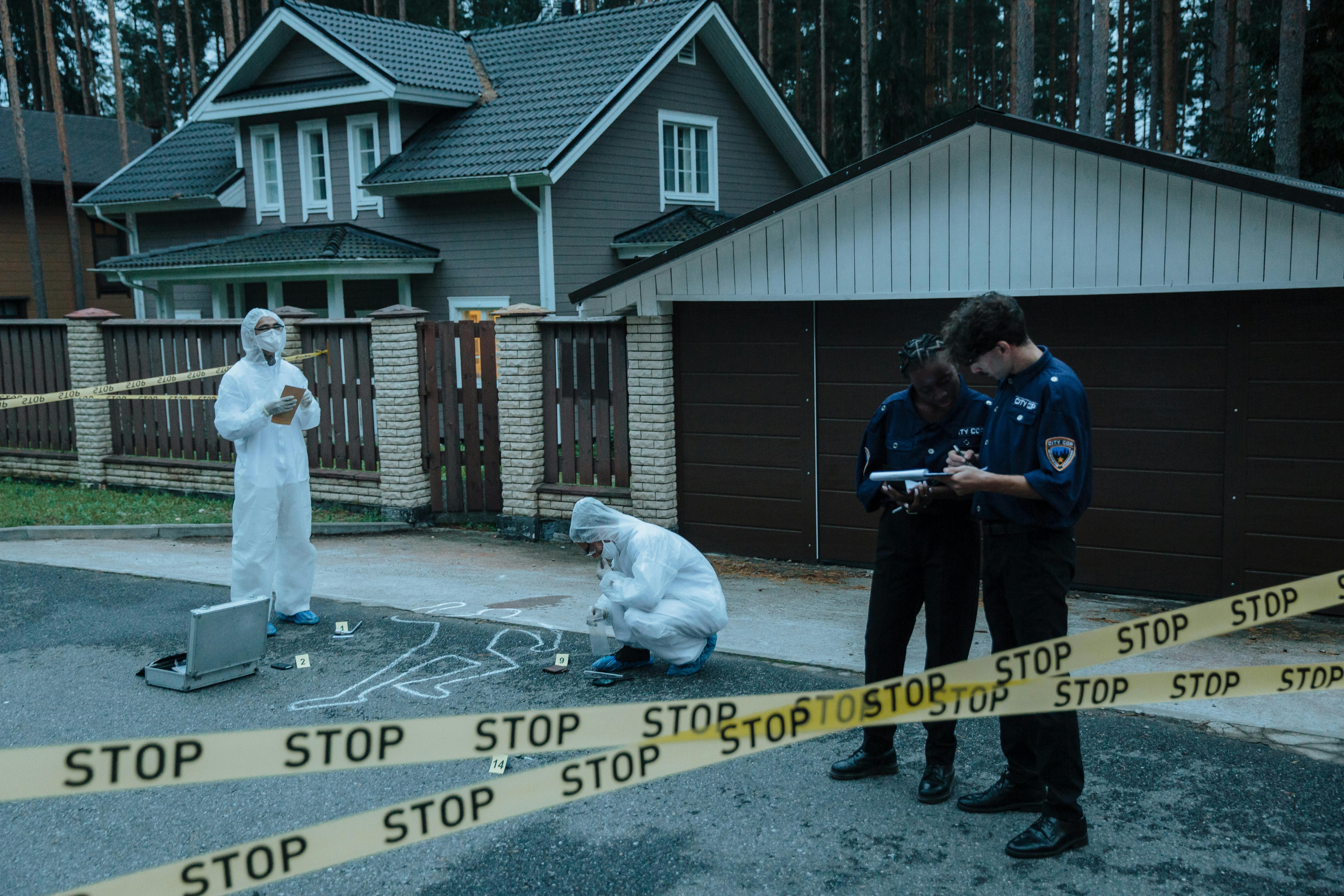




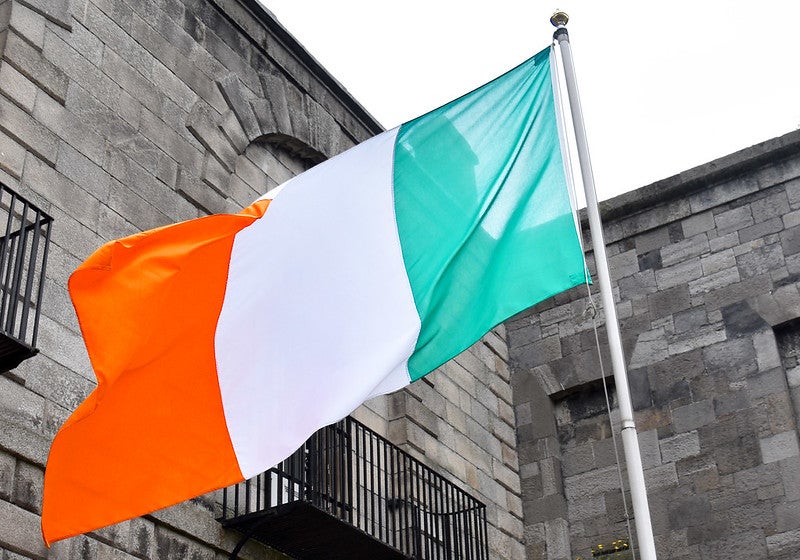
.jpg)
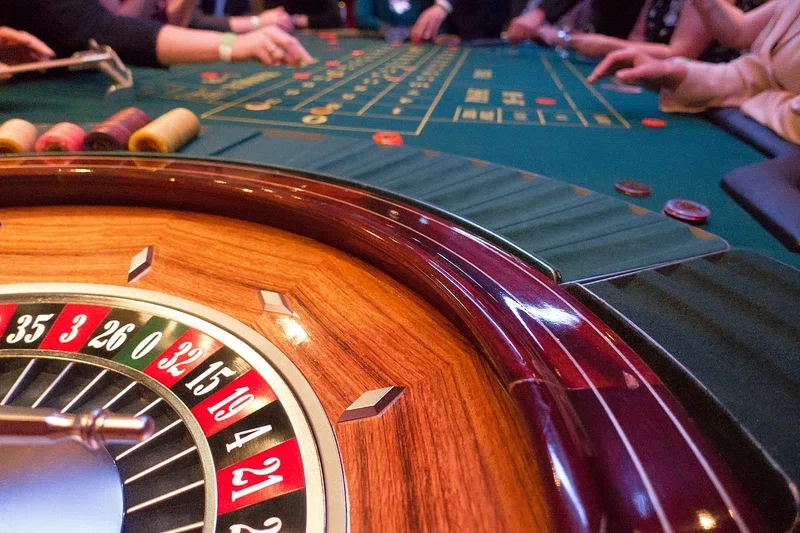

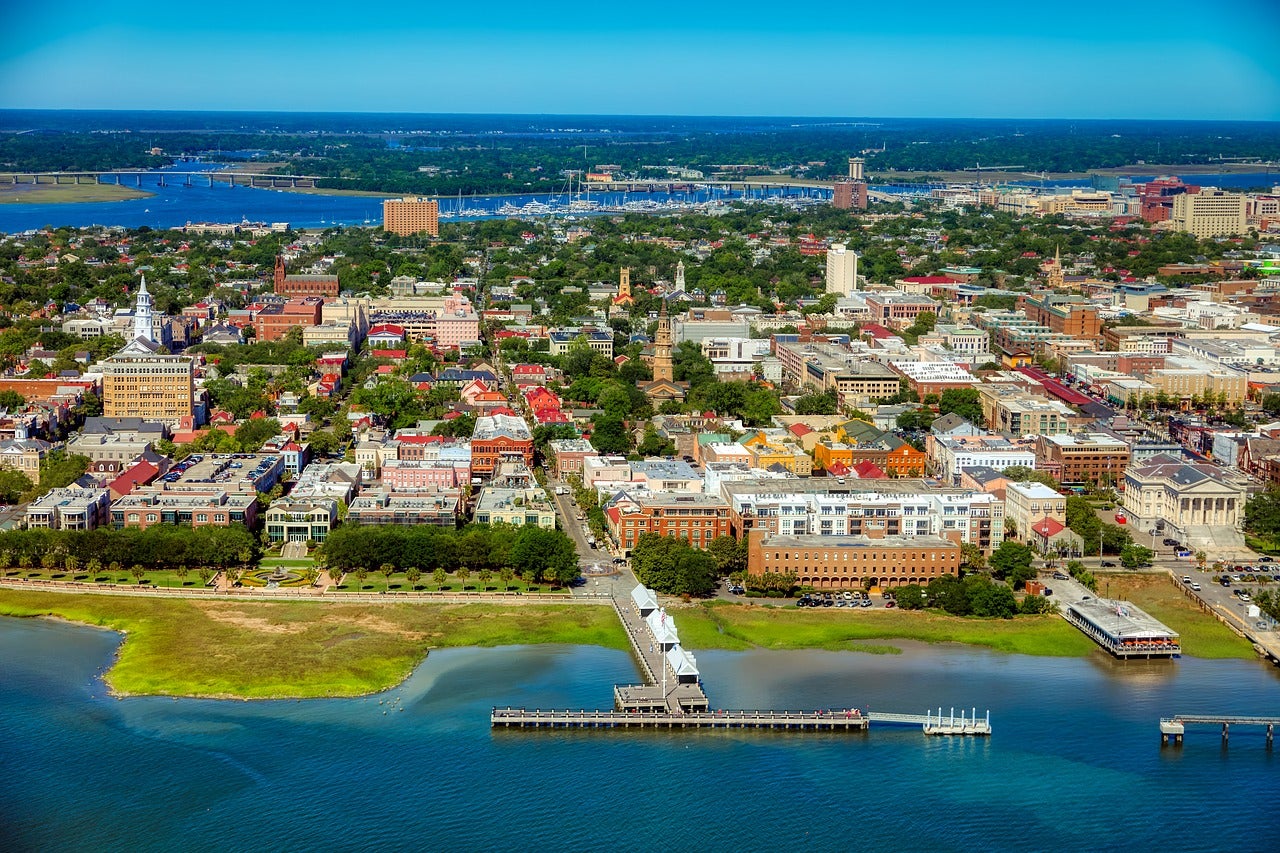


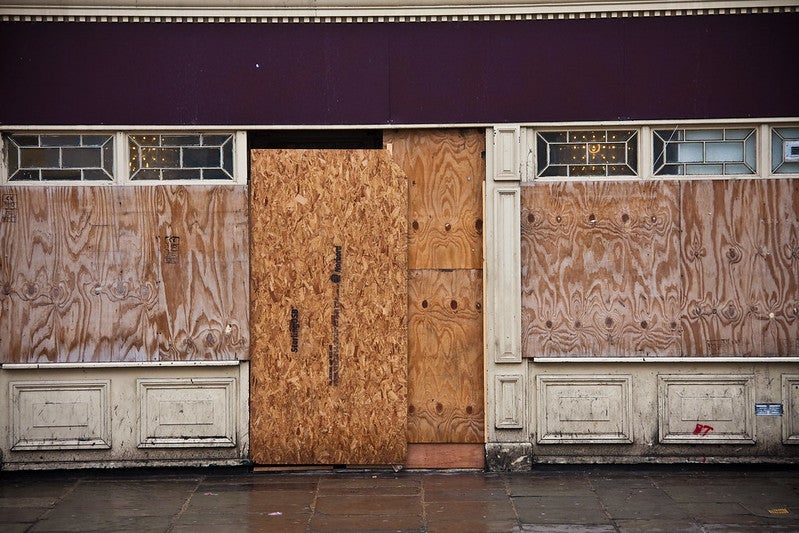
.jpg)

